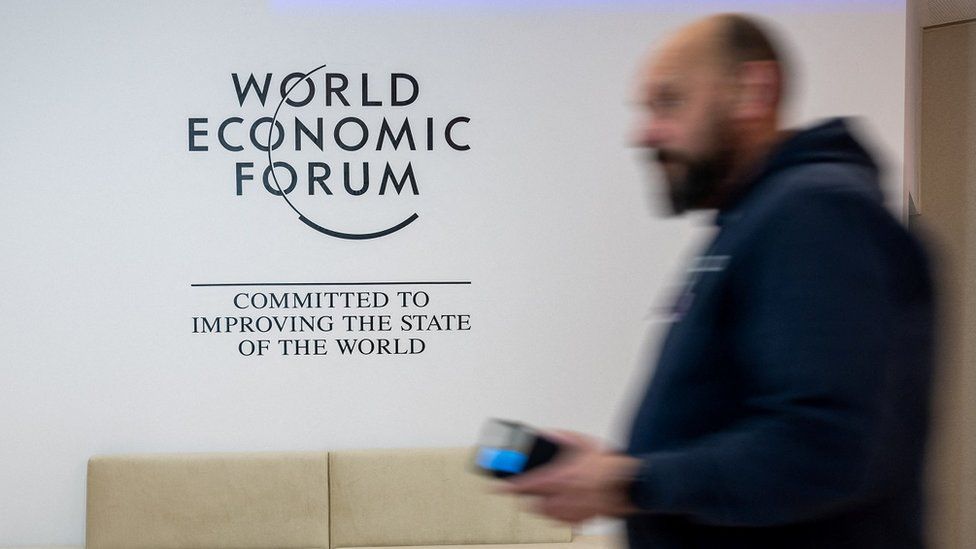-

-
-
Loading

Loading

The recent gathering of the World Economic Forum in Davos was expected to mark the end of the pandemic, lockdowns, and energy shocks caused by the Ukraine war. However, recent events have shown that the "polycrisis" is far from over. The ability of the Houthis to disrupt world trade using inexpensive drones and armaments is a significant development. As a result, oil prices have risen, indicating an increased risk of a wider confrontation in the region. This diplomatic challenge is precisely what the World Economic Forum was created for. The conference brings together influential business people, politicians, and other key figures to facilitate constructive and unexpected conversations. However, there has been a decline in attendance at Davos since the pandemic, and some politicians, particularly Republicans, view the event with suspicion. The presence of leaders from Israel, Saudi Arabia, Qatar, and other countries in Davos provides an opportunity for discreet discussions and potential solutions to the ongoing Middle East crisis. The World Economic Forum also serves as a platform for political leaders to engage with business leaders and international investors. However, some in the business community may be concerned about the economic plans put forth by the Labour Party. The event has also faced criticism for its focus on corporate environmental and social policies. Despite these challenges, there is hope that the world can overcome its current geopolitical disruptions without further energy shocks, and the World Economic Forum provides an opportune moment for leaders to discuss and address these issues.